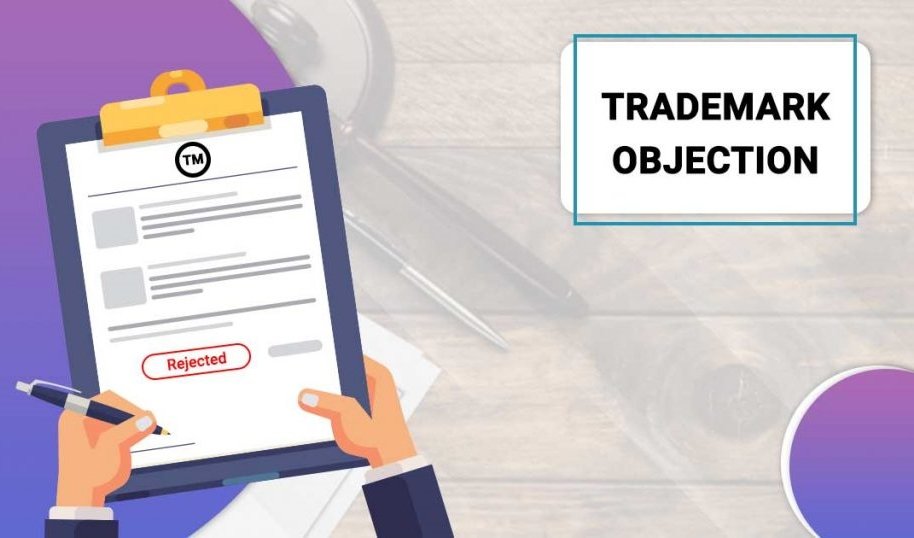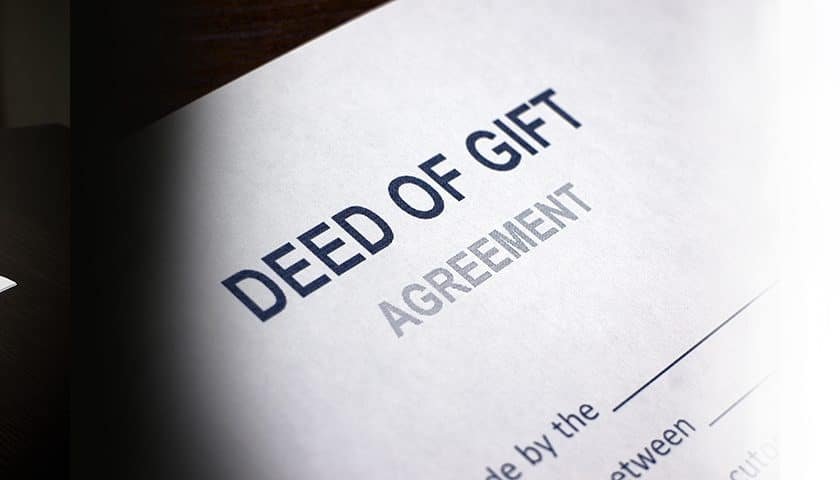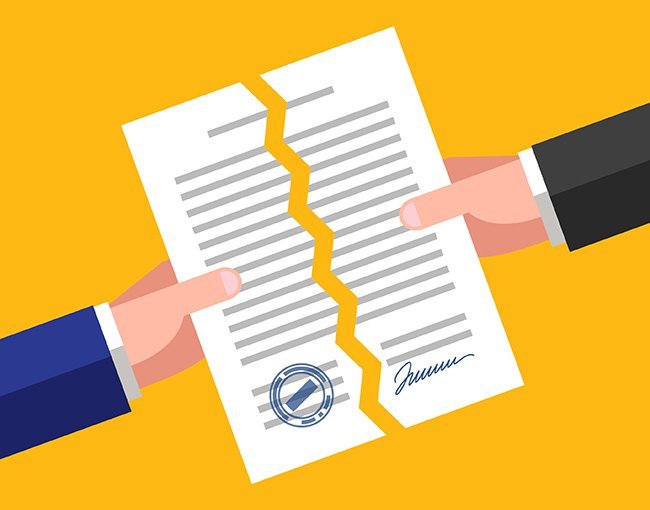Copyright Registration in India

Copyright is a right given by the law to creators of literary, dramatic, musical and artistic works and producers of cinematograph films and sound recordings. In fact, it is a bundle of rights including, inter alia, rights of reproduction, communication to the public, adaptation and translation of the work. There could be slight variations in the composition of the rights depending on the work.
REASONS FOR OBJECTION TO TRADEMARK

To enjoy the protection of a trademark, the business needs to get its trademark registered under the Register of trademarks as per the provisions of Trademark Act,1999. To register the same, an application is made to the Indian Trademark Registry which further goes through examination. A trademark officer examines the trademark application to not be in contravention of any rule. If not, the trademark is registered. Whereas, if any objection to the trademark is found, an objection to it is raised by the examiner in their examination report.
IMPORTANT COMPLIANCES FOR PRIVATE LIMITED COMPANY
Running a Private Company by itself is a huge responsibility on the members, and directors and its ramifications are faced by the shareholders and other stakeholders as well. Therefore, it becomes extremely important to comply with all the laws and rules, it keeps the business in operation without any hindrances.
GIFT DEED & ITS KEY ASPECTS

A Gift Deed is a legal document elucidating the voluntary transfer of the property to someone else without any monetary exchange. The property owner can handover it either to a person or an institution, however, it should be accepted by the donee (recipient) during the lifetime of the donor and should be registered under Section 122 of Property Transfer Act, 1882 with the
sub-registrar as per section 17 of the Registration Act, 1908.
HOW TO REGISTER A PRIVATE LIMITED COMPANY

A private company is a company which is owned by non-Governmental organisations or a
relatively small number of Shareholders or members of a company. Usually, a private company
does not offer or trade its shares to the general public on the stock exchanges, but rather the private stock of the company is owned and traded.
Difference Between Lease Deed and Leave and Licence

A lease is a transfer of the right to enjoy the concerned property for a pre-defined time period or in perpetuity. It is defined under section 105, Transfer of Property Act. In a lease, the actual possession is transferred to the lessee. It creates interest on the leased property in favour of the lessee.
Difference Between Arbitration and Mediation

Mediation and arbitration are both forms of Alternative Dispute Resolution (ADR), meaning alternatives to the expensive and time-consuming litigation of a lengthy court battle. Mediation and arbitration are similar in that they bring together parties in conflict to resolve an issue outside of the courtroom. They both are modern mechanisms that tend to solve disputes much more effectively and efficiently as compared to the traditional methods of court induced litigation. But they differ in their respective methods of resolving these disputes.
Legal Actions for a Cheque Bounce Cases

A Cheque is called to have bounced or dishonoured when it is returned by the bank while still unpaid. It is also known as Dishonour of cheque. In today’s time it is the most common financial offence and can be seen in everyday routine.A cheque bounce can result in multiple repercussions for the drawer as well as the drawee, for instance, heavy penalty from bank, negative influence on the CIBIL score which would ultimately mean getting blacklisted to obtain any future loans, civil or criminal action against the drawer (accused) and many more.While sometimes there could be an innocent reason on the drawer’s end or banker’s end for the cheque to bounce but sometimes it could be tainted with malice. Anyhow, the drawee has the right to be timely paid and can thus demand the money owed to him by the drawer by taking legal recourse. Cheque bounce is a criminal offence stipulated under Section 138 of the Negotiable Instruments Act, 1881. The aggrieved party can file a criminal as well as a civil case against the accused who must have had a legal obligation to repay the amount.
Termination During The Times of COVID and Remedies

COVID-19 impacted lives in a way no one had ever imagined. The past year and a half saw the world making a paradigm shift from its traditional usual practices to ones that would not compromise with the well-being of the society. Among the many functions halted by the pandemic, employment was one of the most vital ones. Apart from the essential services, all the other public and private organizations instructed its employees to work remotely. The Ministry of Home Affairs through a circular dated 20th March, 2020 then directed the employers of public/private establishments to not terminate their employees, particularly casual or contractual employees or reduce their wages.
Karnataka High Court Struck Down Online Gambling Ban

The Karnataka High Court on 14th February 2022, struck down key amendments to the Karnataka Police Act, 1963, which were brought in last year to ban all forms of gambling in the state, including online gambling, in order to “curb the menace of gaming through the internet, mobile apps”.



